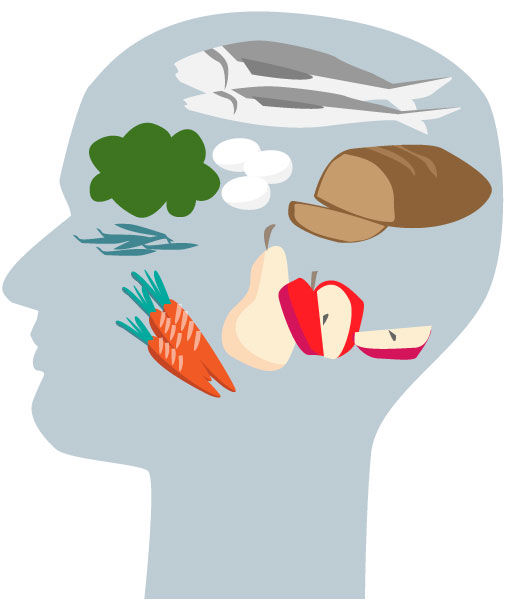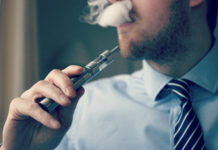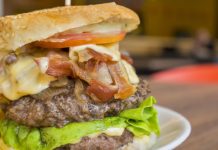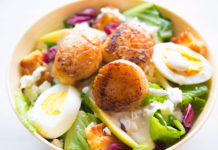
Even a single drink can alter how memories are formed in the brain
One of the most iconic characters in Indian literature and movies, Devdas immortalised the association between alcohol and memories. They are linked, new study shows, but they won’t make you forget the past as Devdas desired.
It will only make remembering the present more difficult.
Alcohol can alter memory pathways in the brain by changing which types of genes are made, forming the cravings that fuel addiction.
One of the many challenges with battling alcohol addiction and other substance abuse disorders is the risk of relapse, even after progress toward recovery.
A new study in flies finds that alcohol hijacks this memory formation pathway and changes the proteins expressed in the neurons, forming cravings. Just a few drinks in an evening changes how memories are formed at the fundamental, molecular level.
The findings of the study were published in the journal Neuron.
All drugs of abuse like alcohol, opiates, cocaine, methamphetamine have adverse side effects. They make people nauseous or give rise to hangovers
Karla Kaun, assistant professor of neuroscience at Brown University and her team studied the pesky fruit flies to uncover the molecular signaling pathways. They also looked at changes in gene expression involved in making and maintaining reward memories, because the molecular signals involved in forming flies’ reward and avoidance memories are much the same as those in humans.
All drugs of abuse like alcohol, opiates, cocaine, methamphetamine etc. have adverse side effects. They make people nauseous or give rise to hangovers, and this study looked at a molecular level what drugs of abuse are doing to memories and why they’re causing cravings. The study could help medics figure out how to help recovering alcoholics and addicts by perhaps decreasing how long the craving memories last, or how intense they are, Kaun said.
One of the molecule in the signaling pathway affected by alcohol is a gene called dopamine-2-like receptor, which makes a protein on neurons that recognizes dopamine, the “feel-good” neurotransmitter.
“The dopamine-2-like receptor is known to be involved in encoding whether a memory is pleasing or aversive,” said co-author Petruccelli. And alcohol hijacks this conserved memory pathway to form cravings. In the case of the alcohol reward pathway studied, the signaling cascade changed the version of the protein made in an important area of the brain leading to reward memories.
Additionally, researchers are also studying DNA samples from patients with alcohol abuse disorders to see if they have genetic polymorphisms in any of the craving-related genes discovered in flies.
“If this works the same way in humans, one glass of wine is enough to activate the pathway, but it returns to normal within an hour,” Kaun said. “After three glasses, with an hour break in between, the pathway doesn’t return to normal after 24 hours. We think this persistence is likely what is changing the gene expression in memory circuits.”












